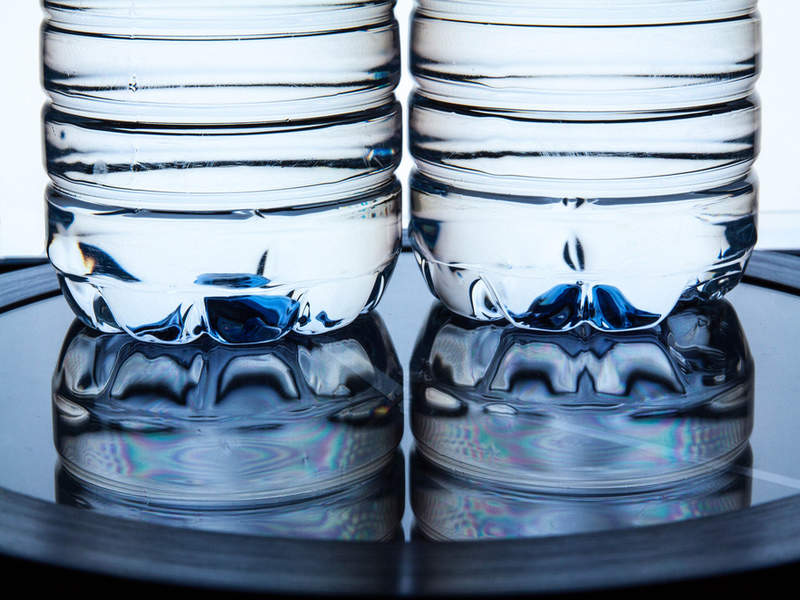
A new recycling project for the chemical de-polymerisation of polyethylene terephthalate (PET) at an industrial scale has been launched in Europe.
PET-based waste streams are currently treated using mechanical processes to recover plastic solid waste (PSW) for re-use.

Discover B2B Marketing That Performs
Combine business intelligence and editorial excellence to reach engaged professionals across 36 leading media platforms.
The new De-polymerisation by Microwave Technology (DEMETO) is expected to provide feasible and sustainable industrial application of a scalable chemical treatment for the reuse of PET/polyester waste streams.
Funded by the EU’s Horizon 2020 research and innovation programme, the project will be based on microwave-based process intensification and would initially involve coloured bottles waste.
DEMETO will base its business exploration strategy on the collaboration between Swiss recycling firm gr3n, which manufactures reactive units; and EPC contractor Processi Innovativi that constructs full-scale de-polymerisation plants.
gr3n intends to supply all the reactors required by Processi Innovativ to realise the necessary plants to progressively cover the total available market.

US Tariffs are shifting - will you react or anticipate?
Don’t let policy changes catch you off guard. Stay proactive with real-time data and expert analysis.
By GlobalDatagr3n CEO Maurizio Crippa said: “DEMETO proposes the industrialisation and demonstration at full-scale of a new industrial process, which allows to chemically recycle PET bottles, food containers and even textiles in a highly profitable and environmentally sustainable way.”
The DEMETO’s core technology allows effective process intensification of the de-polymerisation reaction (hydrolysis) of plastic from any kind of source such as bottles.
The process would revert to the EG and PTA building blocks to enable complete and direct re-introduction at the virgin-grade production stage.





